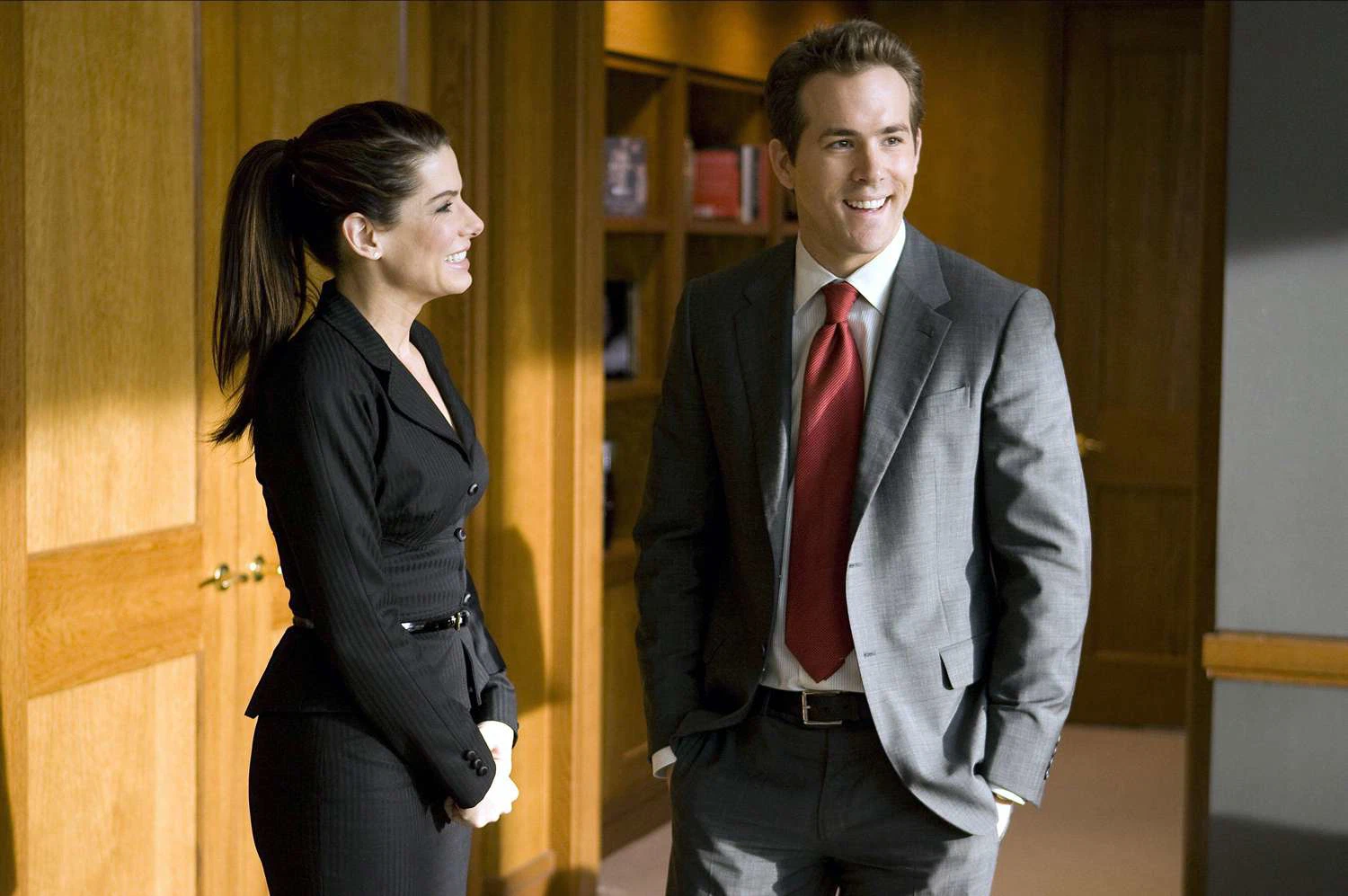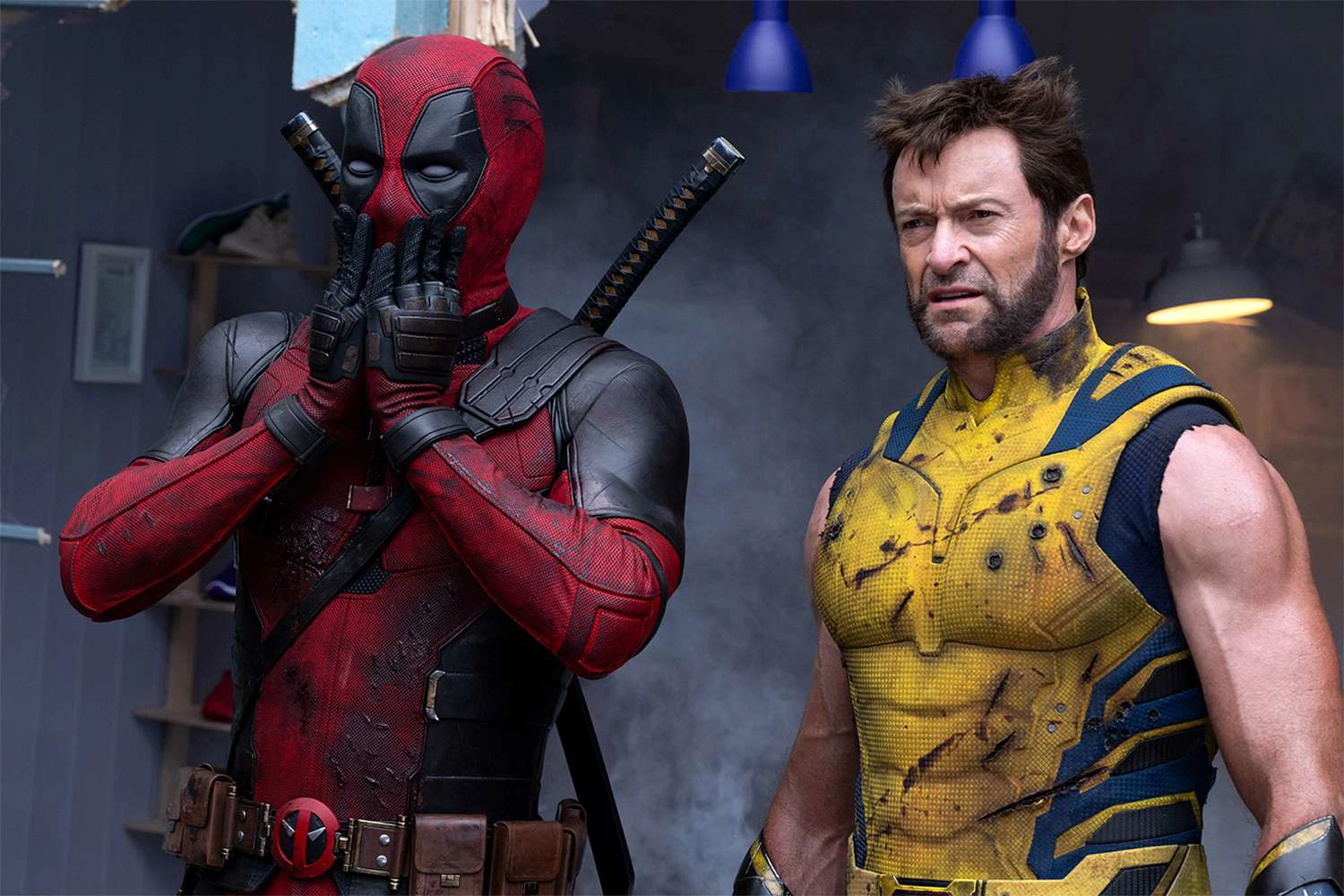Ryan Reynolds, the comedic genius behind the iconic Deadpool, has entertained audiences with his quick wit and irresistible charm. But behind the glitz and glamour of Hollywood lies a poignant story of survival and self-discovery. While his portrayal of Deadpool has won hearts globally, it is his personal journey and the challenges he faced growing up that truly define his path to stardom. In a recent interview, Reynolds opened up about the surprising and emotional reasons behind his decision to become an actor, shedding light on a side of him that fans rarely see.

The Unexpected Path to Acting
Ryan Reynolds’ rise to fame is well-documented, but few know that his passion for acting emerged from a place of necessity rather than aspiration. Reflecting on his early years, Reynolds shared with WSJ. Style that acting was not initially his chosen path.
“I always thought I’d end up in law enforcement like my family, so I didn’t imagine that,”
he admitted. Acting, for Reynolds, was not a childhood dream but rather a means of escape.
He described how theater and drama were not inherent passions for him as a child. Instead, they became a refuge—a way to distance himself from a difficult home life.
“It was just a way to get out of the house. I could but I didn’t necessarily want to. I just knew I could,”
Reynolds confessed. This realization paints a picture of a young man seeking an outlet from a challenging environment rather than pursuing an inherent love for the craft.

A Tragic Comedy: The Origins of Reynolds’ Humor
One of Reynolds’ most defining traits is his sharp humor. His ability to make people laugh has been a cornerstone of his career, especially as Deadpool. However, the source of his comedic genius is intertwined with personal struggle. Reynolds revealed that his humor served as a coping mechanism during his formative years.
“You get by on your wits. That’s how you do it. You don’t get by on your fists. It was kind of a rough household,”he explained.
Growing up as the youngest among a family of predominantly male figures, Reynolds often felt like a”moving target.”
His humor was not just a natural trait but a survival strategy. In his own words, “I was less like the youngest brother, and more like a moving target.”
He used jokes to navigate a turbulent household, where laughter became a tool to defuse tension and foster a sense of belonging.
Navigating a ‘Skin-Covered Forest’: The Impact of Family Dynamics
Reynolds’ reflections reveal a profound understanding of his childhood environment. He described his family situation as feeling like
“walking through some sort of weird, skin-covered forest,”
surrounded by towering figures that made him hyper-aware of his surroundings. This heightened sensitivity became part of his survival toolkit, helping him read and respond to the complex dynamics of his home life.
The Deadpool actor’s experience of feeling like an invisible spectator within his family forged his unique perspective and resilience. “You kind of become hyper-perceptive,”
he noted. This adaptability and acute awareness translated into his acting career, where his ability to read and engage with his audience became one of his greatest strengths.

From Tragedy to Triumph: Reynolds’ Legacy
Ryan Reynolds’ journey from a troubled childhood to becoming one of Hollywood’s most beloved figures is both inspiring and heart-wrenching. His story is a testament to how personal hardships can shape and refine one’s talents. The humor that so many fans adore was born from a place of vulnerability and survival. Reynolds’ transformation from a young man seeking escape to a global superstar is a powerful reminder of the complexities behind public personas.
As fans continue to enjoy Reynolds’ performances and witty remarks, it’s essential to remember the deeper narrative that fuels his work. His journey from a difficult home environment to the dazzling lights of Hollywood underscores a universal truth: sometimes, our greatest strengths emerge from our most challenging experiences.
In celebrating Ryan Reynolds, we also acknowledge the resilience and courage it took for him to turn his personal trials into a source of joy and inspiration for millions.
